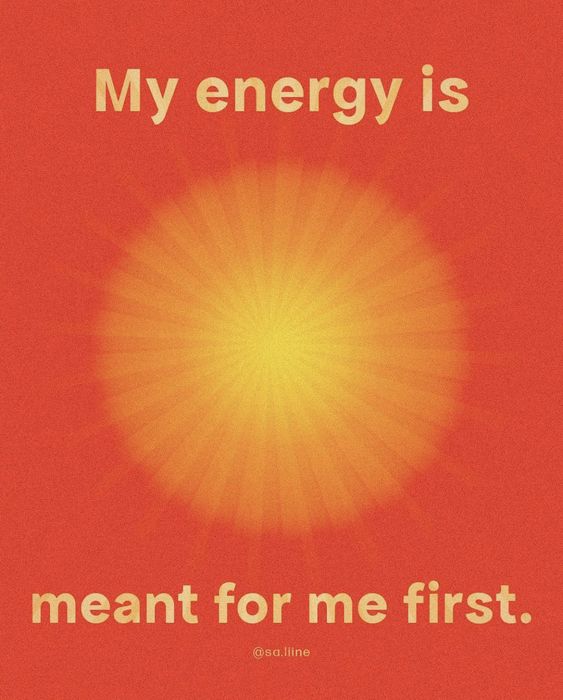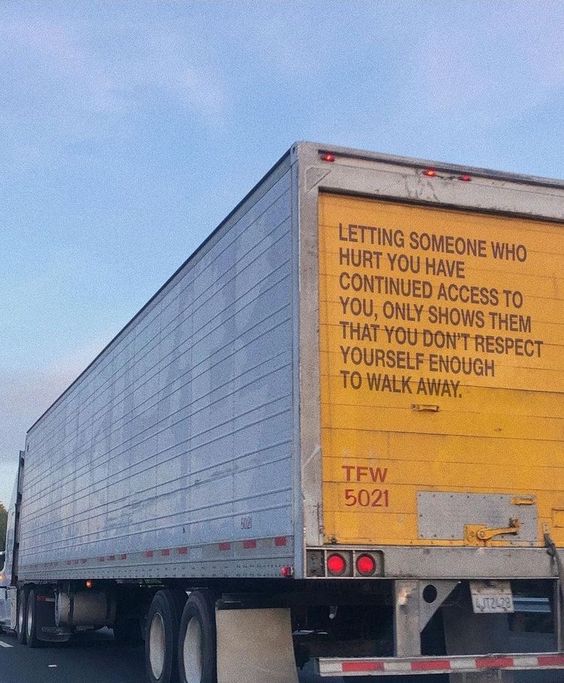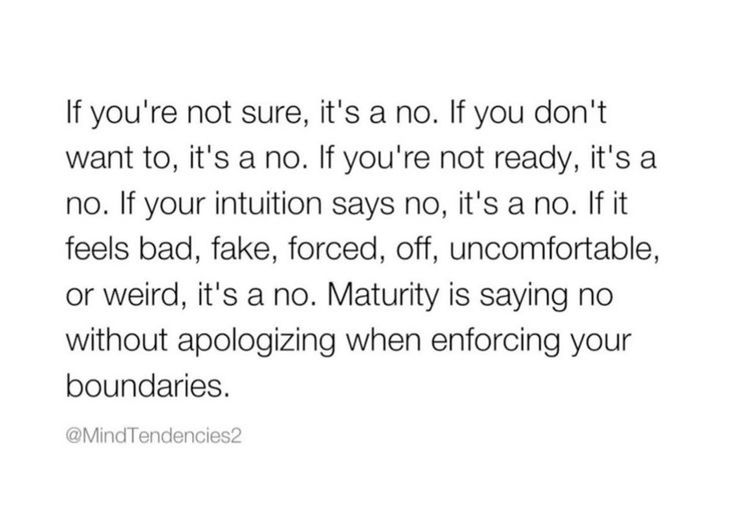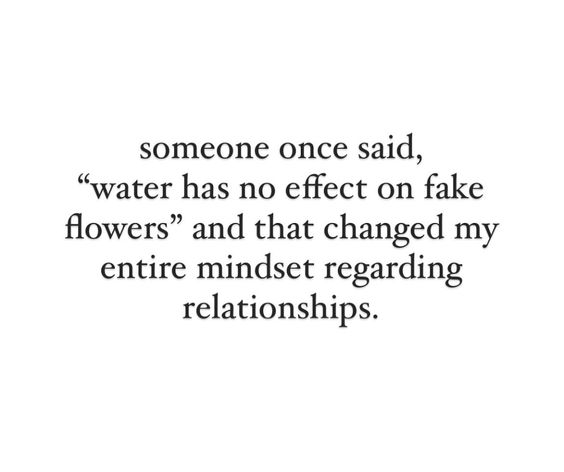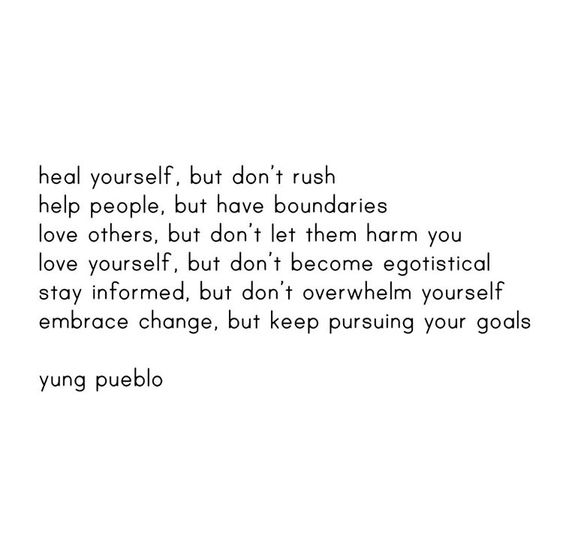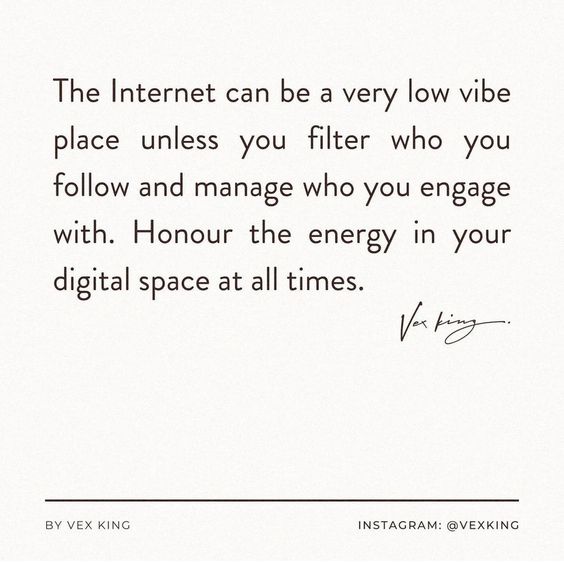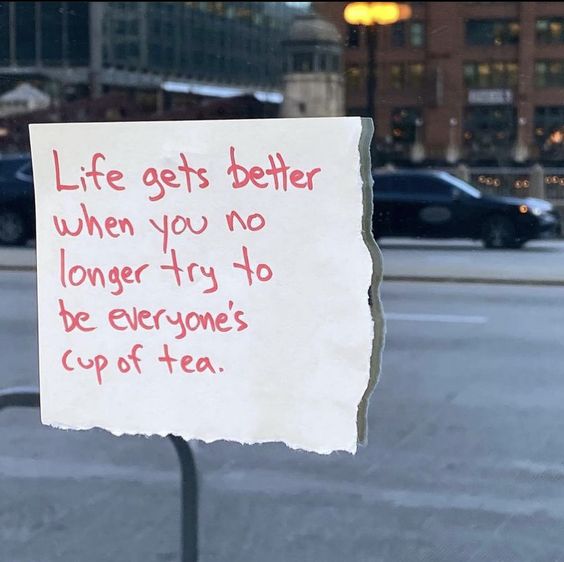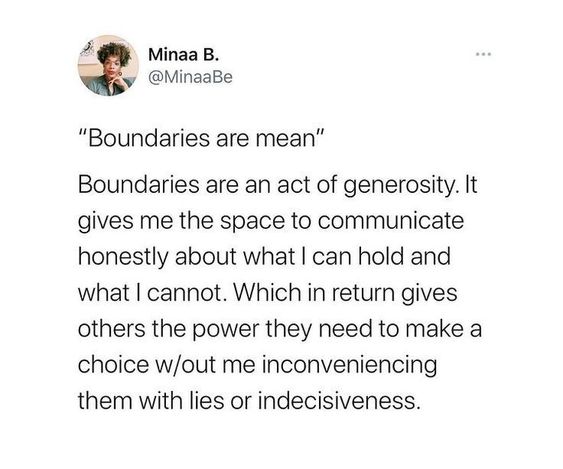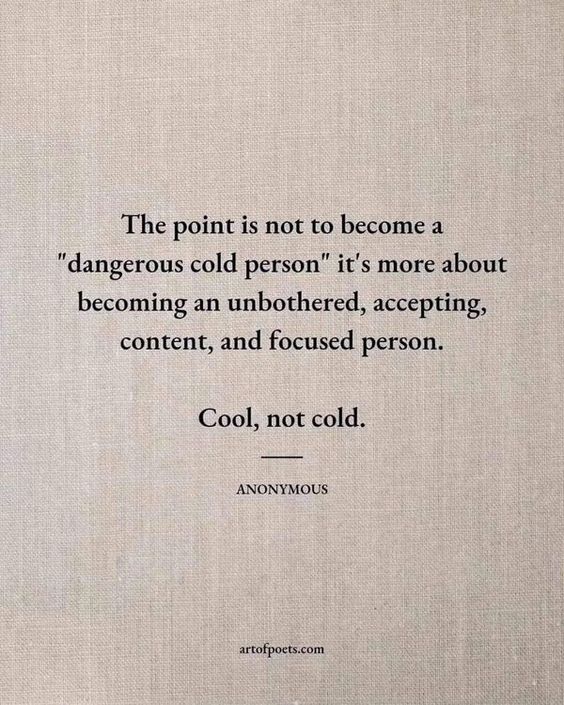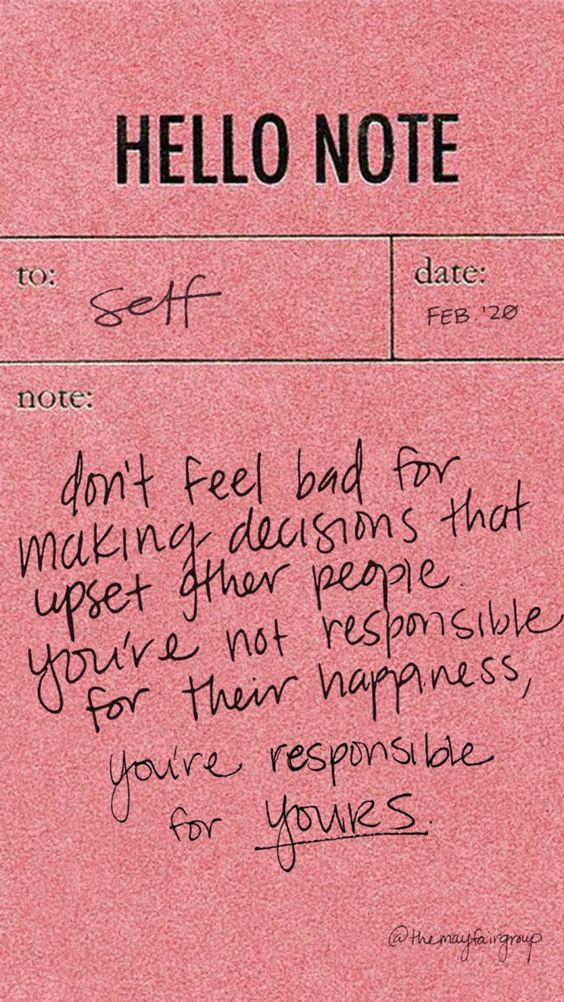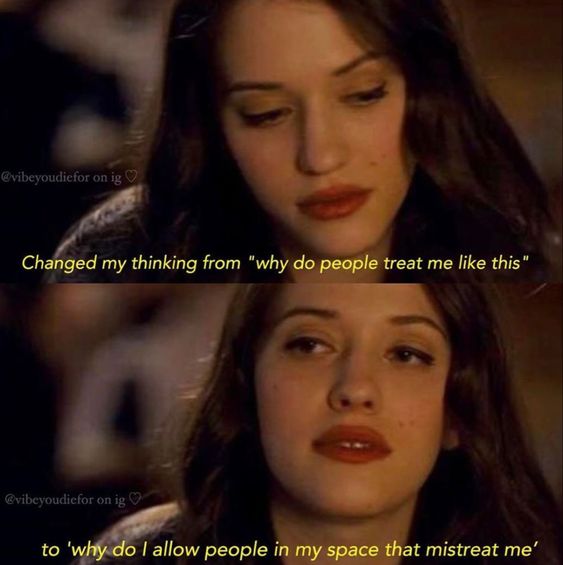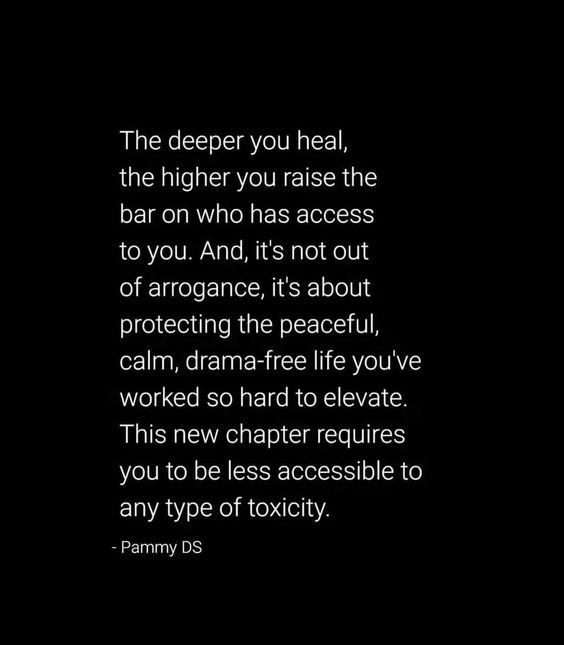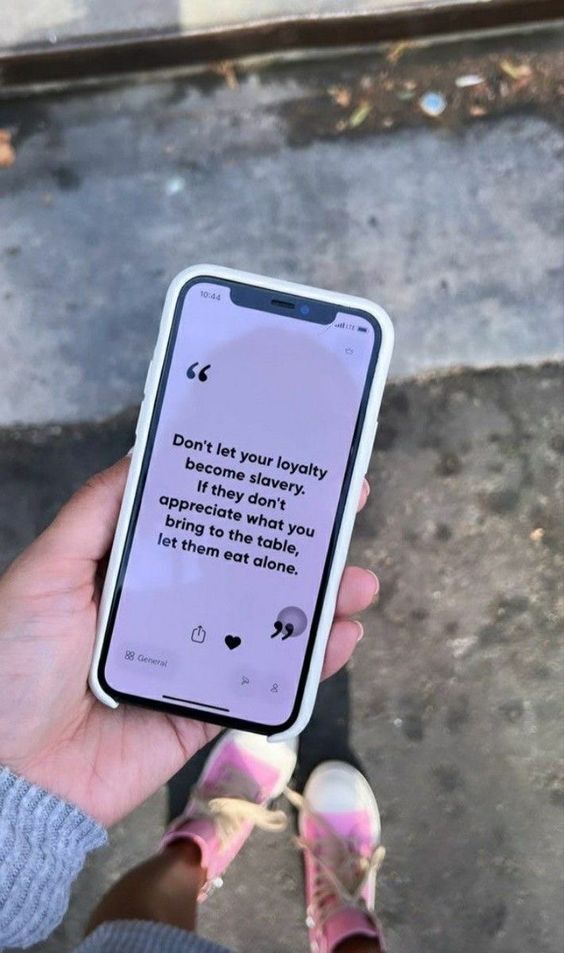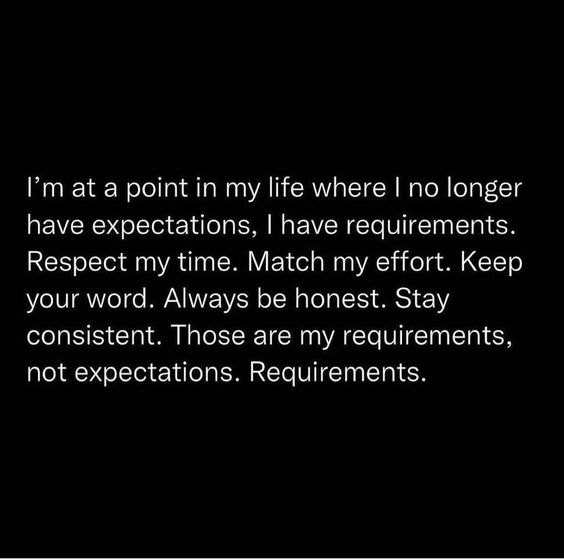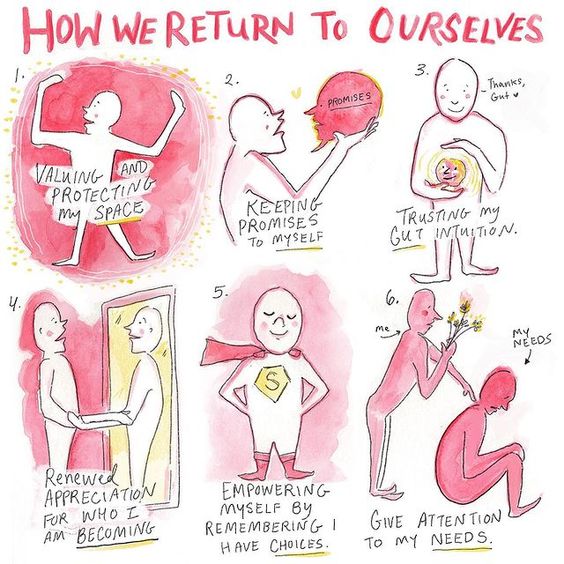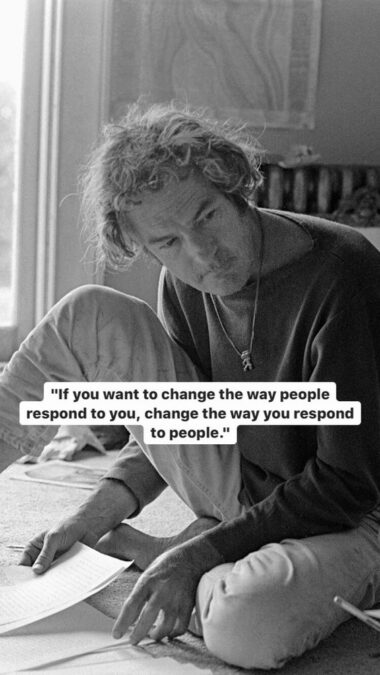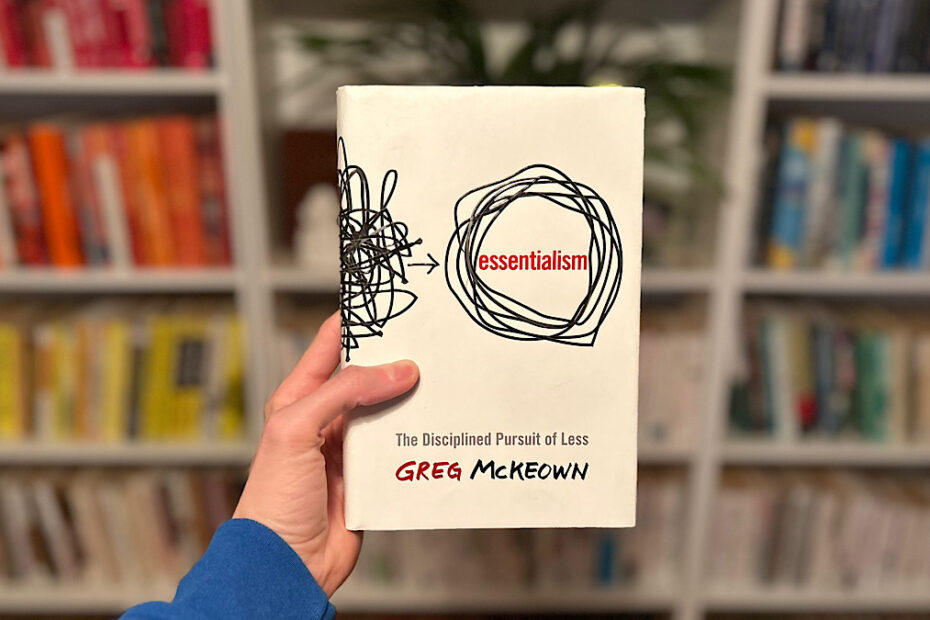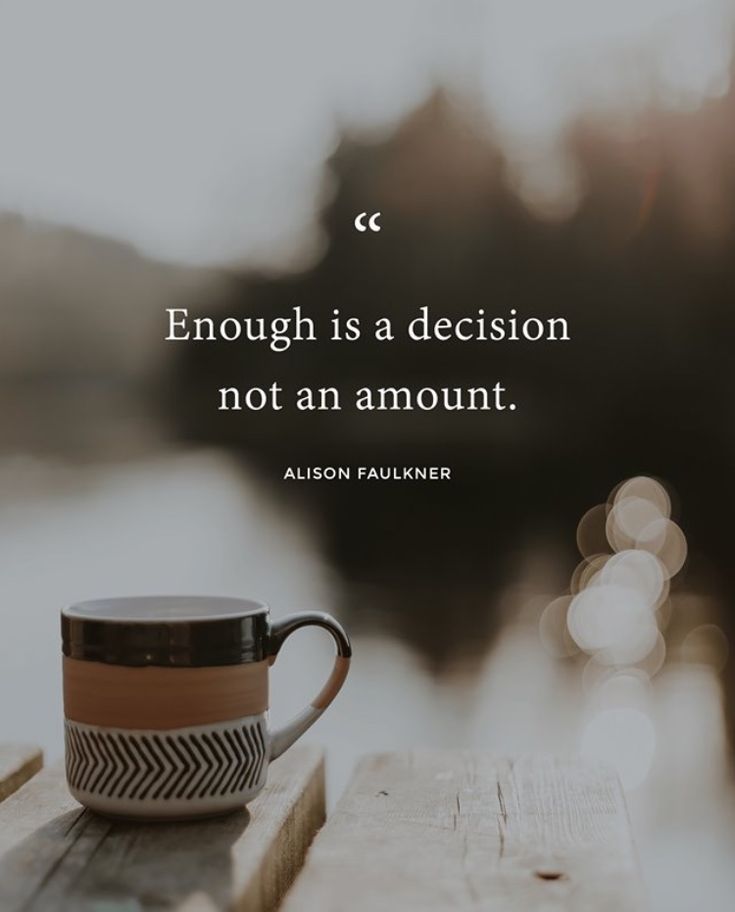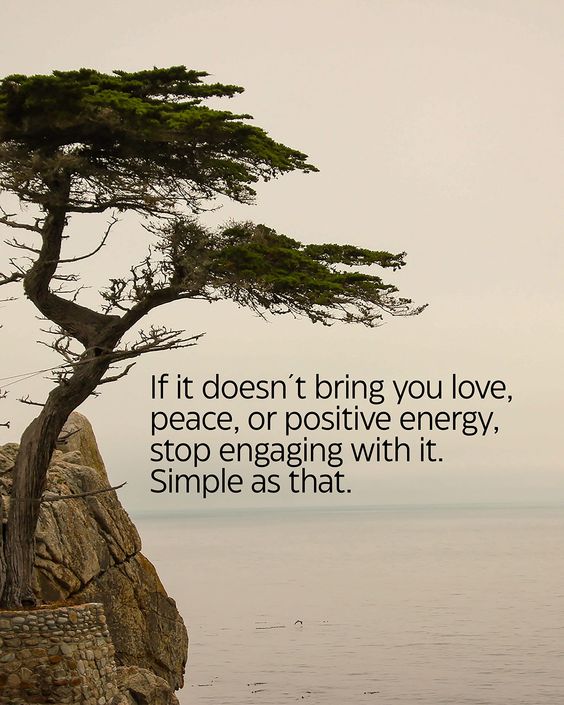The Ultimate Boundary Builder List – 101 Quotes On Boundaries To Take You From Zero to Boundary Hero
Excerpt: Boundaries don’t make you a bad person, they make you a BETTER one. Read our 101 quotes on boundaries to better build yours today…!
Read More »The Ultimate Boundary Builder List – 101 Quotes On Boundaries To Take You From Zero to Boundary Hero
23 Greg McKeown Quotes from Essentialism and How To Live Better Via Less
Excerpt: These quotes from Essentialism present a hard-to-argue-with case for a better life via less. Maybe “more” isn’t what we need more of after all…
Read More »23 Greg McKeown Quotes from Essentialism and How To Live Better Via Less
